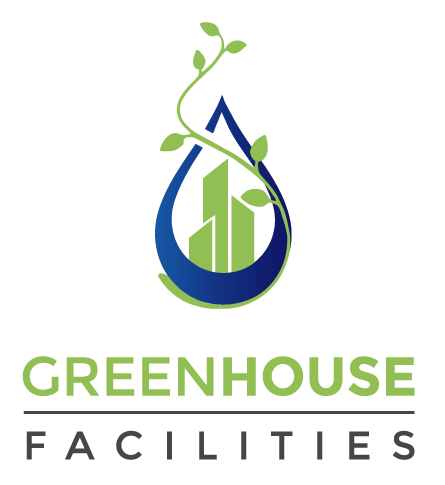Mountain water, filtered water, spring water…oh, my! What is fact and what’s fiction when it comes to the great bottled water debate?
For years, frugal shoppers have been pointing out that the Evian brand of bottled water is just Naïve spelled backward. While the makers of Evian are (probably) not consciously trying to taunt consumers, the naïve label does seem to apply to bottled water advocates these days, a group of consumers that’s growing by leaps and bounds.
The road to this leap in bottled water consumption is paved with good intentions. Research shows that people are drinking more bottled water because they want to be healthier. In fact, the average person is drinking 15.9 more gallons of water today than in 1997. That’s the good news. The bad news is that most bottled water has no more health benefits than drinking water straight from the tap, and it might even be harmful to your health.
Consider these startling facts:
- Nearly half of all the bottled water we buy is actually just tap water in a plastic bottle, according to a new report by Food & Water Watch
- After a yearlong investigation, the Government Accountability Office, a nonpartisan research group, concluded that plastic water bottles are almost certainly leaching chemicals into the water they hold; which, by the way, isn’t as strictly monitored for contaminants as the water coming out of your tap for free.
- DEHP is a nasty chemical that’s usually only found in plastics, but which may also be showing up in the bottled water you drink. The Environmental Protection Agency (EPA) closely monitors this and other toxic chemicals to keep them out of our tap water, but the Food & Drug Administration (FDA) doesn’t monitor bottled water the same way. DHEP has been linked to hormonal imbalances, male fertility problems, and even obesity.
- This isn’t entirely the fault of the FDA, they don’t have the authority to hold bottled water manufacturers to the same standard the EPA applies to our tap water. Bottled water suppliers could test water quality on their own, but they aren’t required to report contaminated water results to any governing body.
- Our health isn’t the only victim to potentially contaminated bottled water; the health of our environment is also falling prey to this phenomenon. More than 75% of used water bottles end up in landfills. This might be because unlike soda and beer cans, very few deposit laws are in place to give cash incentives to recycle bottled water.
The best answer? Filtered water + eco-friendly water bottle.
Since tap water is carefully monitored and tested it remains the safest water to drink, but depending on your city, it can taste a little…well…funny.
Home water filters can take away that strange taste and make tap water safe and enjoyable to drink. The trick is buying the right type of filter to treat your tap water. Differing local regulations, regions, and delivery systems result in different tap water. Find out what your water quality is on the EPA’s website.
Do you get your water from a private well? It’s probably worth testing your water quality with a home test, or if you’re in a farming area you may want to have it professionally tested since your risk of contamination from pesticides, animal waste, or heavy metals is higher. Contact the US EPA Safe Drinking Water Hotline at 800-426-4791 or visit www.epa.gov/safewater/labs for details.
Most tap water can be purified using carbon, reverse osmosis, or a combination filter. The results you get from the EPA website or a home contamination test will guide you toward the correct type of filter. The EWG’s Water Filter Buying Guide is a handy resource to determine what filter you need.
You can also purchase filters for your shower and sinks so you can not only drink healthier, but also shower, cook, clean, and live healthier too. Of course, you don’t have to give up the bottle altogether, carrying water in a bottle is a handy way to stay hydrated, just choose a reusable, eco-friendly water bottle so you save Mother Earth right along with yourself.
No matter what side you take in the bottled water debate, be proud of your decision to live healthier and continue making healthy lifestyle decisions with everything you do. Are you already drinking filtered water over bottled water? What else do you do to practice green living every day? Let us know here or chat with us on Facebook.
